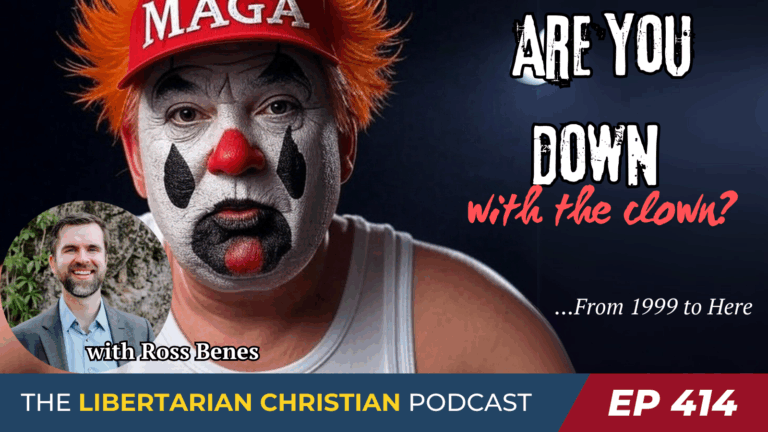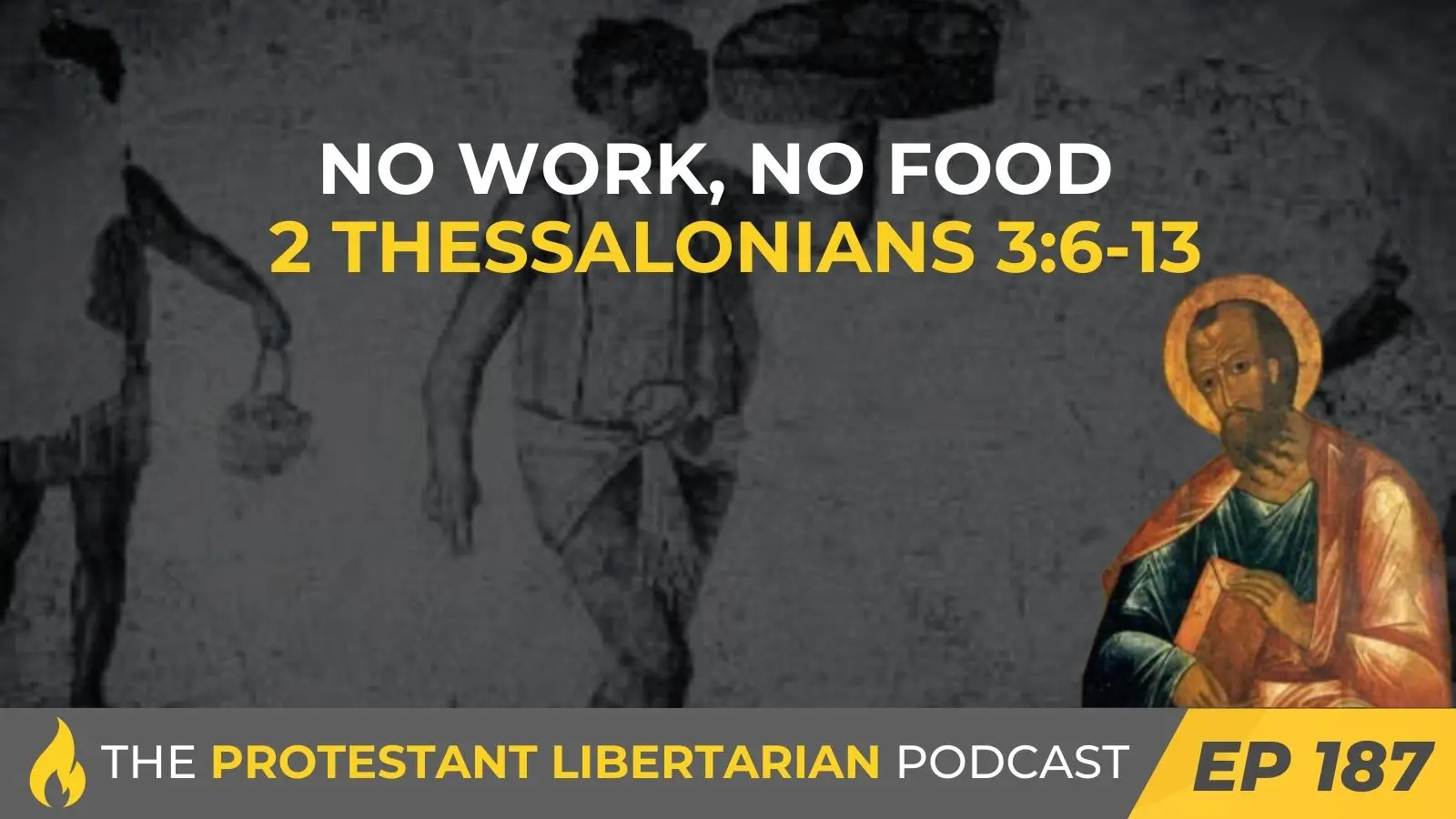

In this episode I explore Paul’s exhortation in 2 Thessalonians 3:6-13 where he instructs the Thessalonians that “those that don’t work, don’t eat” (3:10). Building from last week’s episode on 1 Thessalonians 4:9-12, I explain how this passage functioned in its historical context and the principles that we should draw from it to think about economics and politics in the modern world. I justify the Pauline authorship of 2 Thessalonians, and then explain how the themes of persecution, eschatology, and sanctification are central to the letter. Paul encourages Christians to emulate him by embracing a cruciform lifestyle of sacrifice for others and shows himself to be an example because he performed manual labor during his stay in Thessalonica so as not to be a burden to the congregation. In 3:6-13, he challenges the ‘ataktos’, the idle or disorderly, to find work and not live off the generosity of other people. Christians should put themselves in a position to help others and charity should only be given to those who are truly in need. We explore the consequences of the principles outlined in this text for the ways in which Christians should think about modern economics and politics.
The Christians for Liberty Network is a project of the Libertarian Christian Institute consisting of shows and hosts offering various perspectives on the intersection of Christianity and libertarianism. Views expressed by hosts and guests do not necessarily reflect the view of the organization, its staff, board members, donors, or any other affiliates (including other hosts or guests on the network). Guest appearances or interviews of any incumbents, officials, or candidates for any political, party, or government office should not be construed as endorsements. The Libertarian Christian Institute is a 501(c)(3) non-profit organization and does not endorse any political party or candidate for any political, government, or party office. For information about the Libertarian Christian Institute’s core values, please visit this page.
), //libertarianchristians.com/wp-content/plugins/smartquizbuilder/includes/images/template6-latest.jpeg))

), https://libertarianchristians.com/wp-content/plugins/smartquizbuilder/includes/images/template6-latest.jpeg))








































), https://libertarianchristians.com/wp-content/plugins/smartquizbuilder/includes/images/template6-latest.jpeg))
), https://libertarianchristians.com/wp-content/plugins/smartquizbuilder/includes/images/template6-latest.jpeg))
), https://libertarianchristians.com/wp-content/plugins/smartquizbuilder/includes/images/template6-latest.jpeg))





Sign up and receive updates any day we publish a new article or podcast episode!